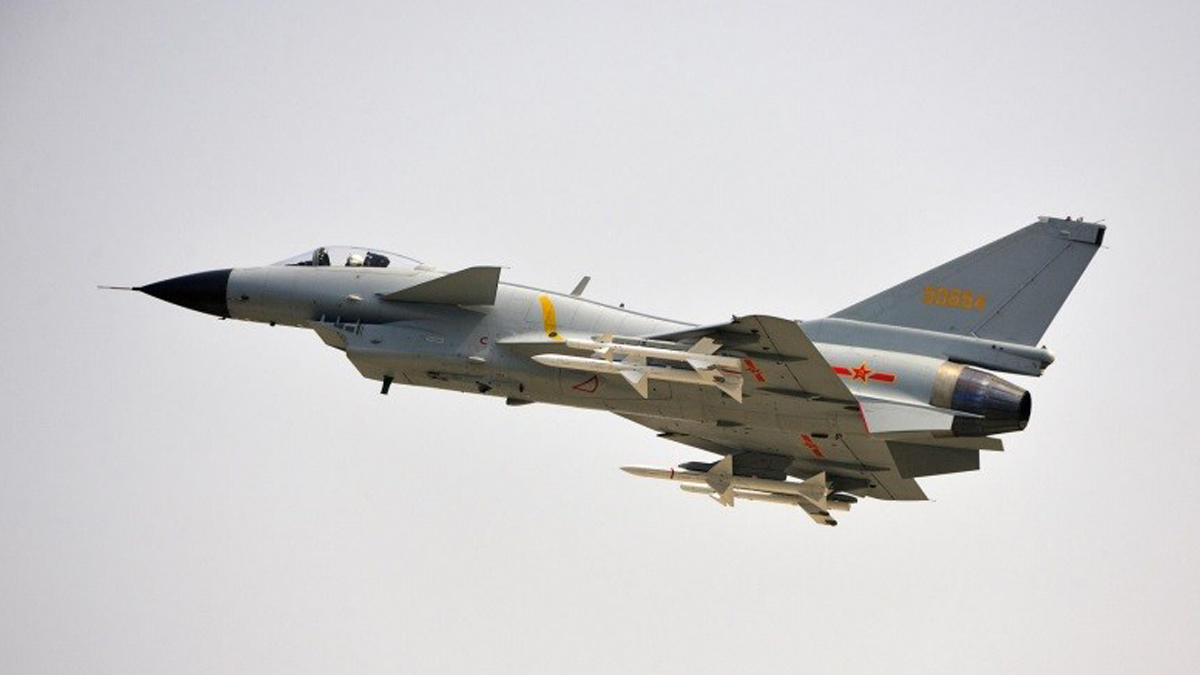
China’s Aggressive Moves Continue: More Than 20 Warplanes Breach Taiwan’s Sovereignty After Election

In a provocative move escalating tensions in the region, Taiwan reported the detection of over 20 Chinese warplanes, with 11 violating the sensitive median line separating the self-governed island from mainland China. This marks a blatant display of force, the first significant act since the recent presidential election.
Taiwan’s defense ministry revealed that within a 24-hour period leading up to 6 am, a total of 24 warplanes and 5 naval vessels were identified in the vicinity. Eleven of these aircraft breached Taiwan’s airspace, intensifying concerns over China’s increasing disregard for international norms.
Despite Taiwan’s autonomy with its own government, military, and currency, China maintains its aggressive claim over the island, refusing to rule out the use of force to assert control.
The recently concluded presidential election saw the victory of Lai Ching-te from the Democratic Progressive Party, a leader China categorizes as a “separatist.” In the lead-up to the election, Beijing issued stark warnings that Lai’s win would result in “war and decline” for Taiwan.
While China did not immediately amplify its military presence following the election, it strategically shifted diplomatic alliances, persuading Pacific nation Nauru to switch its recognition from Taiwan to China. This maneuver leaves Taiwan with a diminishing number of diplomatic supporters.
This latest incident follows a trend of heightened Chinese military activities around Taiwan, reminiscent of the largest surge recorded in September when Taiwan identified a staggering 103 Chinese aircraft, 40 of which brazenly crossed the sensitive median line.
Experts describe China’s consistent deployment of warplanes and naval vessels around Taiwan as a “grey zone” tactic, stopping just short of outright warfare but contributing to the escalating tensions. The international community remains on edge, watching closely as China’s assertive actions challenge regional stability and international norms.














Comments